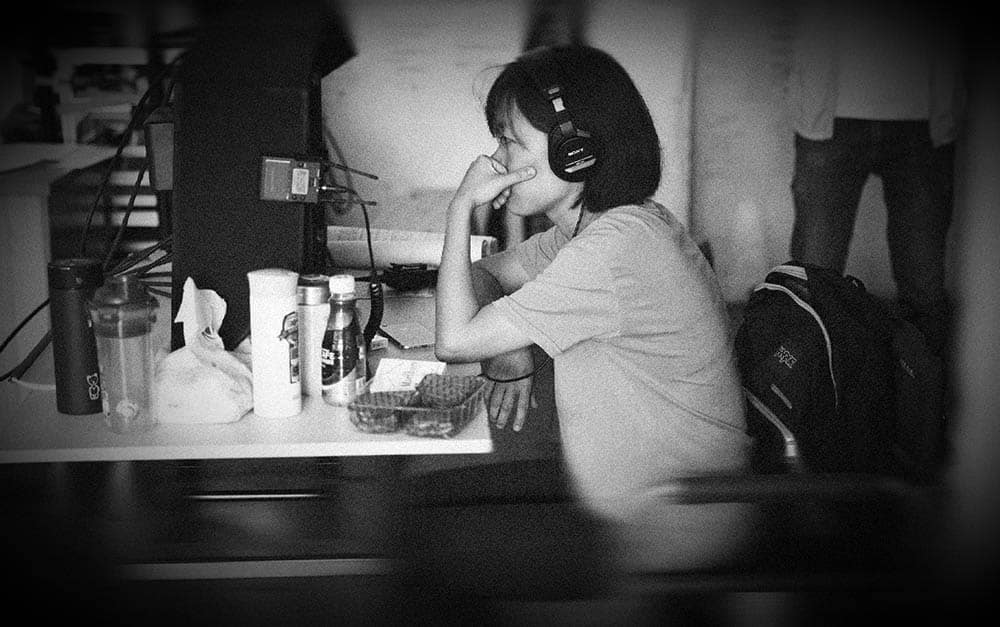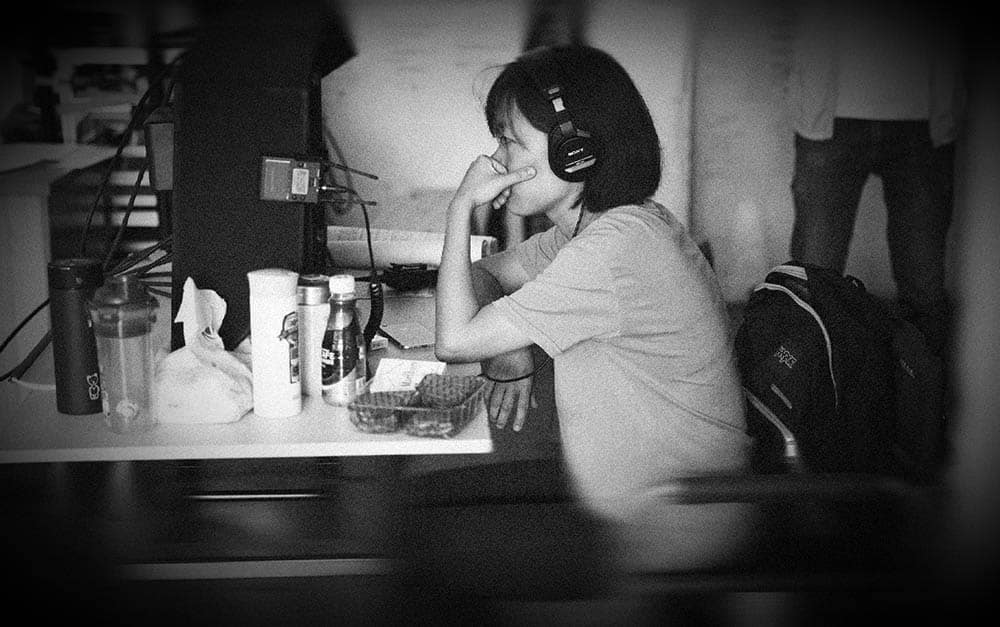
10/28/2020.- Chinese director Zhou Sun makes her feature film debut with Summer is the Coldest Season, the story of a tormented young woman who begins to search on her own for the person who murdered her mother two years ago. Juvenile delinquency is one of the thematic pillars of this film which was born out of its director’s interest in “complex issues”.
“I believe that nothing is more complicated than human thoughts. Our emotions are especially unstable during adolescence, when we are not fully prepared to become adults. Faced with the issues of the adult world, adolescents experience contradictions between their initial beliefs and reality. That feeling of being lost is what attracted me to the subject”.
The weight of the plot falls, precisely on underage Jiahe, who after the death of her mother sees the foundations of her life shake: her father, for whom she is a perfect stranger, does not stop drinking and the search for the person responsible for the murder of her mother forces her to leave school, friends and hobbies behind. Her stealthy way of moving and the innocence she transmits clash with her desire to find Yu Lei and solve, in this way, the doubts that are nagging at her.
“I wanted to build a natural and authentic character. During the casting process, my intention was to choose an actress who had a similar personality to the protagonist’s. And it turned out that they both possess great inner strength. Rather, my job consisted in striking the right balance, deciding when to let the performer look more like the character and when to ask her to be herself again”, explains the director.
Despite the emotional burden of the story, Zhou Sun sought to provide a high level of lighting “in order to create a strong contrast between the warm and bright lights and the character’s feeling of anguish“. Her interest in the “crime under the sun” motif, instead of the typical “dark and cold” atmosphere of noir stories, led the filmmaker to choose the 4: 3 aspect ratio for its ability to condense space, highlight characters and, at the same time, “provide a sense of restraint”.
The filmmaker, who hopes that her film will reach viewers of any condition and nationality, has brought some of her personal insights to the big screen, as happens with the role played by trees: “sometimes they bring me comfort, while at other times they imply danger. In Summer is the Coldest Season, nature gives voice to the emotions of Jiahe, whose maturity and self-control grow firmer as the narrative moves along.



























![Logo Foro Cultural de Austria Madrid[1]](https://www.seminci.com/wp-content/uploads/2024/09/Logo-Foro-Cultural-de-Austria-Madrid1-300x76.jpg)








